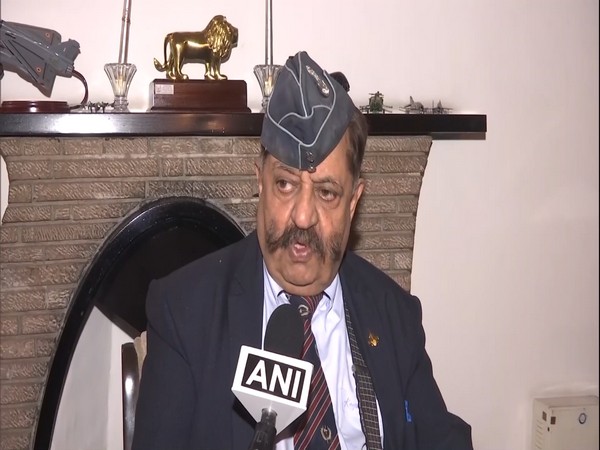Hezbollah Leader's Killing: A Major Blow, But the Conflict Persists
The Israeli targeted strike killing Hezbollah leader Hassan Nasrallah near Beirut is deemed a significant blow for the Iran-backed group. Defence experts predict continued conflict with no immediate resolution, despite potential psychological impacts. The Lebanese government has yet to confirm Nasrallah's death.

- Country:
- India
In a targeted strike near Beirut, Israel successfully killed Hezbollah leader Hassan Nasrallah, dealing a significant blow to the Iran-backed group, according to defense experts. Analyst Praful Bakshi emphasized Israel's determination to continue its fight without regard to international moral objections. The expert remarked on the profound impact this assassination would have on Hezbollah's structure and morale.
'Nasrallah's death is a severe shock to Hezbollah and its supporters in Lebanon, who did not anticipate such a decisive strike,' Bakshi noted. He added that identifying Nasrallah's coordinates suggests advanced electronic warfare capabilities at play, indicating a broader, rapidly evolving conflict landscape. Bakshi warned that such strikes could become more frequent, leveraging sophisticated cyber and missile technology.
Conversely, Waiel Awwad, a West Asia strategist, urged caution, pointing out that Nasrallah's death is not yet officially confirmed by Hezbollah or the Lebanese government. He argued that the psychological impact is notable but may not translate into substantial ground changes. Awwad suggested the Israeli government aims to bolster its image post-Hamas humiliation while continuing its broader objectives in the region.
Awwad explained that the true objective behind the conflict extends beyond Hezbollah to territorial expansion and resource control, particularly water access in Lebanon. 'Hezbollah emerged from Israel's 1982 invasion of Beirut; the fight will persist as long as Israeli occupation continues,' he stated. Awwad highlighted potential repercussions on regional stability, with Iran and other local actors poised to respond actively.
Despite Israel's military successes, Awwad emphasized the resilience of Hezbollah's organizational structure, ensuring continuity in resistance efforts. He maintained that the ongoing conflict threatens to escalate into a broader regional war, drawing in Iran and other Middle Eastern states, with lasting implications for the international community.
Awwad concluded by underscoring Israel's reliance on U.S. support, suggesting that Western and American political backing remains crucial for its military operations. He predicted that the death of Nasrallah would serve as a morale booster for Israel but would not fundamentally alter the resistance led by Hezbollah and other regional powers.
(With inputs from agencies.)










